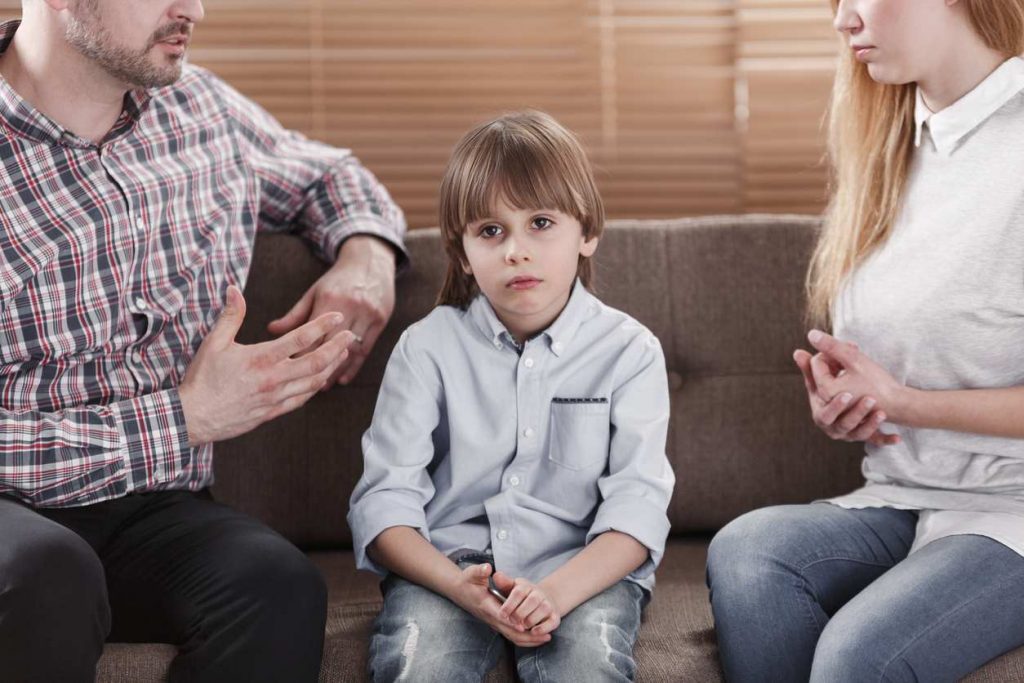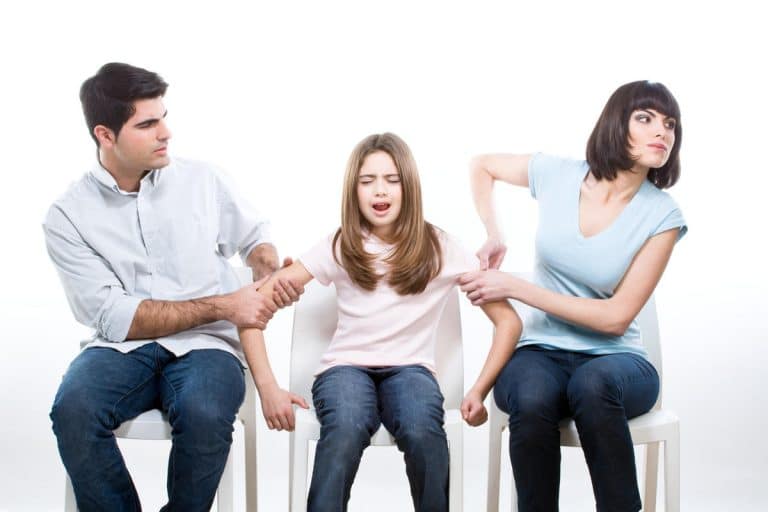Children take divorce just as hard as their parents.
Not only is the life of the parent changing, but the child’s life has been turned completely upside down. Each child handles divorce differently and it is important for both parents to help them through it. Some children will act out in negative ways, others will internalize their feelings and become angry, and some might act as though everything is fine. The way children handle it directly relates to how the parents are handling it.
There are ways you can help your child or a child you know through a divorce. Know that they cannot do it alone. Divorce is considered a traumatic life-changing experience and when children go through it, it changes who they are.
Children: In the Beginning
- Together tell your children that the relationship is over. Let them know that it was not sustainable anymore. Refrain from using the word “work” – work implies that if you worked harder, you would have remained married.
- Make sure your children know that your relationship ending is not their responsibility or their fault. It’s important to remind them that there was nothing they did or didn’t do to cause it and there is nothing they can do to make it work.
- Make sure your children’s teachers are aware of the relationship-ending. They’ll be more sensitive to changes in your child’s attitude or mood and can help them work through this traumatic change in their life.
Children: During the Divorce
- Consider rotating the parents, not the children. Allow the kids to stay in the house where they live and rotate the parents.
- It is very disruptive to a child’s life to have to change homes. In order to make it less chaotic, have clothing, school supplies, favorite games and stuffed animals at each home. It makes packing up to go from home to home easier for them. Every child wants and needs to feel comfort and familiarity during this transitional time.
- Never criticize or demean the other parent no matter how you feel, and even if the other parent is criticizing you. Criticizing the other parent undermines a child’s sense that their parents loved each other when they were conceived.
Children: After the Divorce
- Get support. There are programs available online and in-person for parents. Therapy can help both children and parents. Parents who are devastated by the ending of a relationship can struggle with depression, anxiety, alcoholism or other addictions, and out-of-control emotions.
- Children need to have a stable home after a traumatic experience so it’s important that parents are able to control their emotions around their children.
- Plan fun activities to reinforce the view that life is still good and you can still have fun even after a divorce.
- Don’t date for a while. The focus is on stabilizing your relationship with your kids and they need to hold on to you during this time.
- When you do date, focus on whether the person you are dating could be a good stepparent. Blending into a family is extraordinarily difficult. Most people do not have the emotional stability, intelligence or commitment to be a good stepparent.
- Educate yourself about step parenting and make sure to consult with professionals who have experience working with blended families.
- Do not introduce the person you are dating to your kids until you’re sure it’s serious.
Children struggle through divorce much the same way as the parents do. They lose focus and motivation. Their attention wanders—they find themselves unsure of what to do next. They don’t know where to get their love from. They draw pictures that are lacking one parent or have four parents and many stick-figure children representing a blended family. If your child tells you they’re doing “fine” after a divorce, dig deeper. If you weren’t fine … neither are they.



